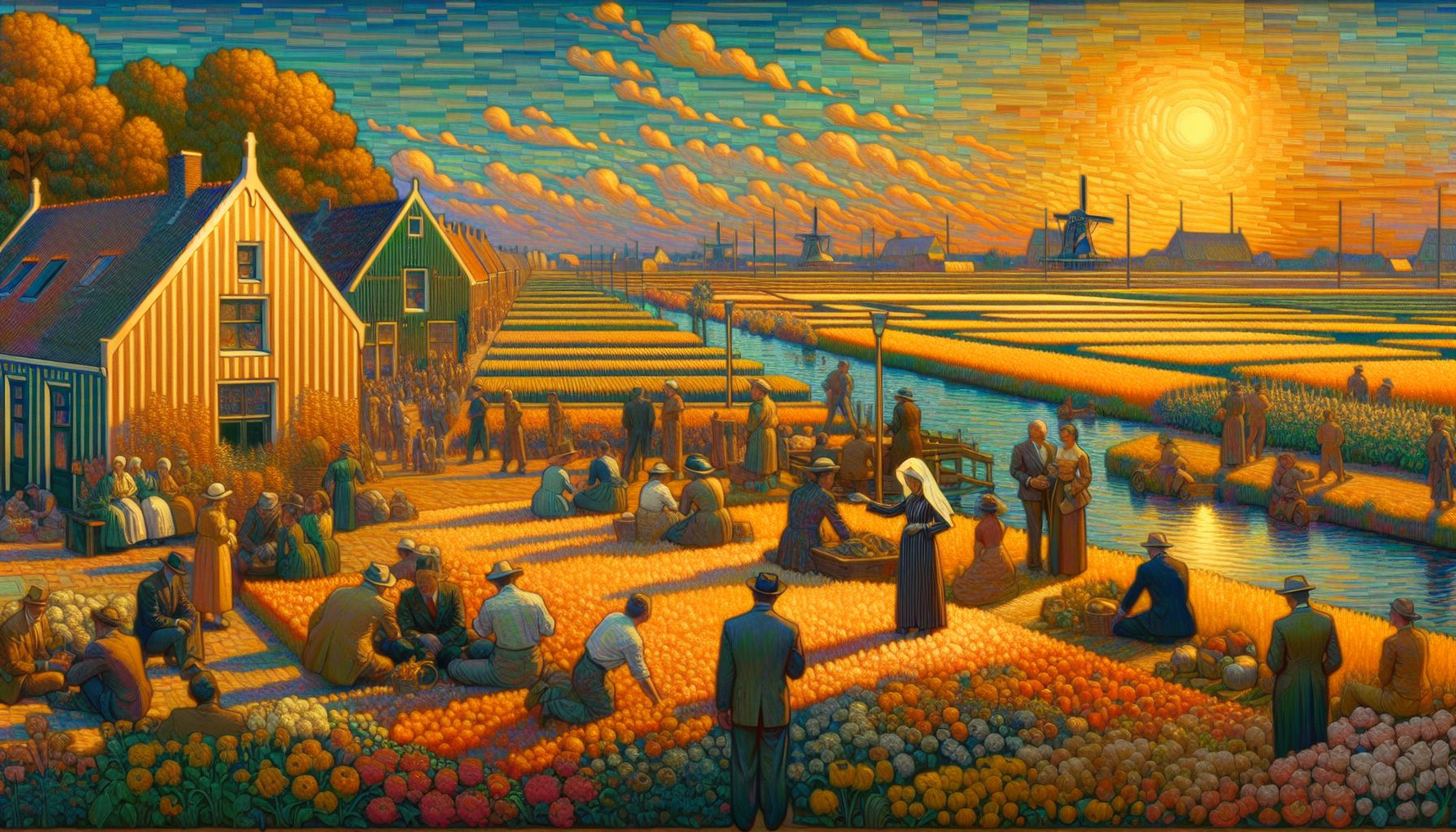EU's Hansen Promotes Agricultural Innovation in Netherlands

The Hague, Saturday, 22 March 2025.
EU Commissioner Hansen emphasized enhancing agriculture attractiveness to secure food supply and innovation, amid geopolitical uncertainties, during his Netherlands visit.
Shifting Focus from Reduction to Innovation
During his two-day visit to the Netherlands on March 20-21, 2025, European Commissioner for Agriculture Christophe Hansen delivered a transformative message that marks a significant shift in EU agricultural policy. Speaking at an LTO (Netherlands Agricultural and Horticultural Association) event, Hansen explicitly rejected the singular focus on livestock reduction, stating that ‘farmers must regain centre stage’ in agricultural discussions [1]. The Commissioner emphasized that reducing production would only increase import dependency, a scenario Brussels wants to avoid [1].
Demographic Crisis and Investment Gap
Hansen highlighted a pressing demographic challenge in European agriculture, revealing that only 12% of EU farmers are under 40 years old, with the average age being 57 [1]. This aging agricultural workforce has prompted a commitment that at least 3% of direct payment envelopes for 2023-2027 must be dedicated to generational renewal [1]. Moreover, Hansen identified a substantial ‘investment gap’ of €62 billion in European agriculture, noting that banks’ reluctance to lend is hampering innovation in the sector [2].
Strategic Solutions and Policy Reforms
LTO Nederland, representing over 35,000 Dutch farmers and growers, presented Hansen with a comprehensive manifesto outlining solutions for sustainable European food production [3]. The document emphasizes the urgent need for enabling sustainable nutrient management and addressing regulatory conflicts across various administrative levels [3]. In response, Hansen announced two CAP simplification packages scheduled for 2025, with the first expected in April [4]. The Commissioner also praised Dutch agricultural innovation, particularly at Wageningen University & Research, expressing his intention to return to the Netherlands within seven years [2].
Collaborative Approach to Sustainability
LTO President Ger Koopmans noted a significant shift in approach, describing it as a ‘new warm wind’ moving from Brussels-centric directives to collaborative solutions [2]. This transformation is evidenced by Hansen’s emphasis on predictable policy frameworks and his recognition of farmers’ role in environmental stewardship. The Commissioner specifically highlighted the Dutch manure situation as an opportunity, given Europe’s need to reduce dependency on Russian fertilizers [2].

